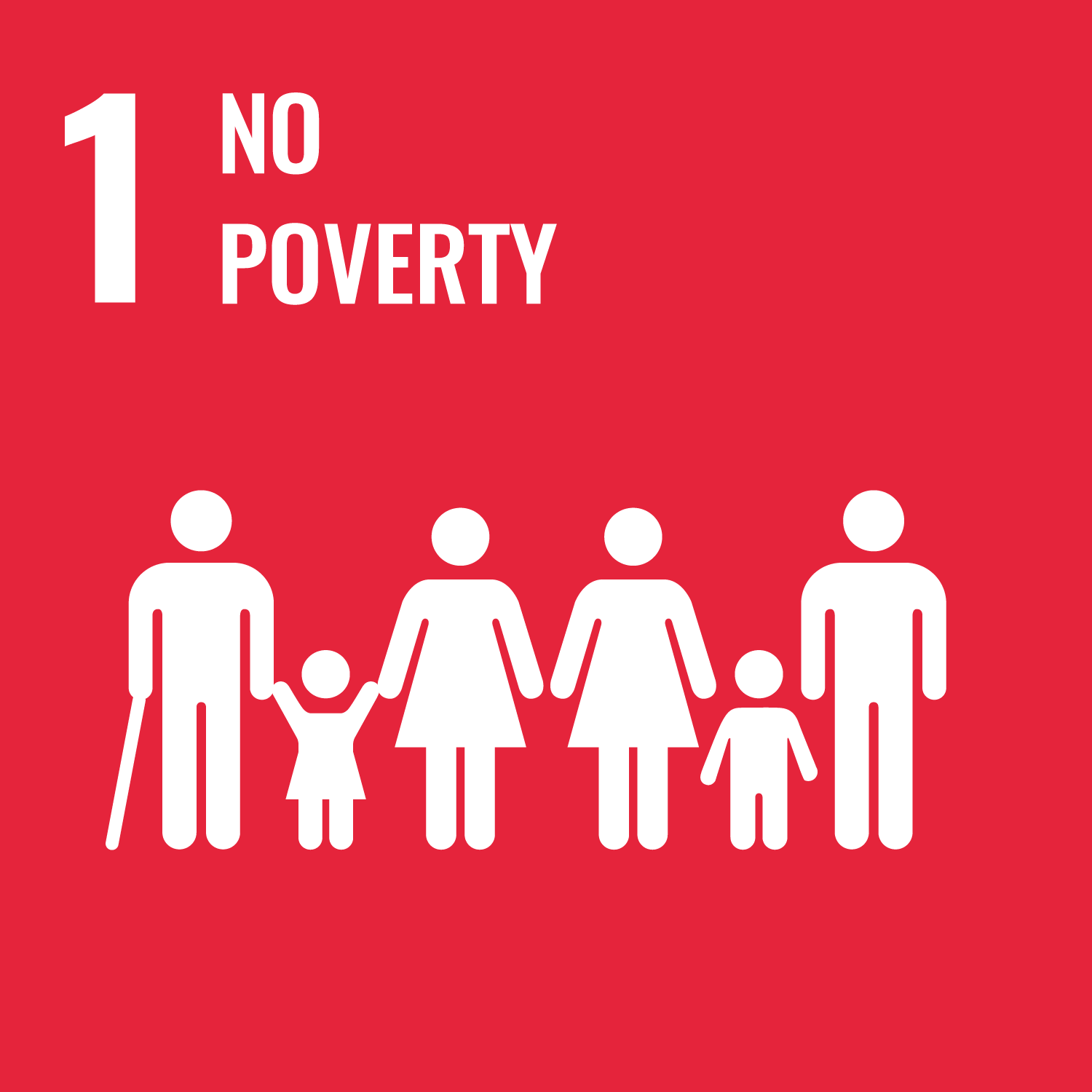Excluding unemployed people from recruitment processes is illegal
This is shown in research by a UOC faculty member, who calls on companies and employment services to end this practice
According to Spain's latest EPA (Economically Active Population) survey, more than 2.9 million people in the country were unemployed at the beginning of 2024, and 35 % of them had been unemployed for at least a year. All of them, and especially those who have been out of work for a longer time, run the risk of being automatically ruled out in recruitment processes carried out by employment services and companies. Antonio Fernández García, a member of the Faculty of Law and Political Science at the Universitat Oberta de Catalunya (UOC), says that this is an illegal practice that must be stopped.
Fernández reviewed international and Spanish studies which show that candidates for jobs are often ruled out simply because they are unemployed, especially if they have been unemployed for more than six months. "There's a stereotype that these people won't be as useful in the workplace, regardless of whether they've had training or if they've been unemployed because they were caring for someone," he explained.
In addition to the reports he reviewed, the UOC faculty member saw at first hand how various companies and employment portals applied the filter of being unemployed to their recruitment software and artificial intelligence systems, unaware of the discrimination that this may involve.
Considering that this is an infringement of people's dignity, Fernández studied Spanish legislation in depth to prove that this practice is illegal and to warn administrations, companies and citizens that it must come to an end.
All this has earned him recognition from the legal community, and his research has been published in a book containing communications from the latest congress of the Spanish Association of Employment and Social Security Law.
No case law on this subject
"This subject had never been considered in the legal sphere. We know that women, people with disabilities and older people have problems accessing the labour market. But being unemployed hadn't been studied in legal terms," explained the UOC faculty member and researcher.
Although litigation is common when a person is dismissed, turning to the courts to claim that they have been discriminated against in a recruitment process is not usual. This means that there is no case law on this subject, a factor which motivated the expert to demonstrate that excluding unemployed people from these processes is illegal.
Fernández pointed out that, in addition to several articles of the Spanish Constitution, the enactment of Spain's Law 15/2022 for equal treatment and non-discrimination is crucial for his argument, since the law, which is applied across the board, prohibits discrimination on socio-economic grounds.
He also added that removing unemployed people from job banks may be a form of indirect discrimination against the groups that are most likely to be out of work and especially in long-term unemployment: "They are women, people over 45 or under 30, people with disabilities, homeless people, migrants or trans people," he said.
Detrimental to everyone
As Fernández pointed out, being unemployed and experiencing serious difficulties finding work is detrimental to the person in this situation as well as their family. This is not only from a financial point of view, but also in terms of mental health.
The researcher underlined the inconsistency of establishing policies to promote employability while, at the same time, permitting this discrimination in recruitment processes. "It makes no sense to spend a lot of money on training and benefits for the unemployed, and then allow someone who is unemployed to be excluded from recruitment processes just because they're out of work," he argued.
The UOC member of faculty calls for the Employment Law passed in 2023 to specifically stipulate that being unemployed must not lead to discrimination among people seeking employment. At the same time, he calls on employment services and companies to review their recruitment processes and avoid discrimination, and encourages institutions and unions to take this into account when defending citizens' rights.
This research supports UN Sustainable Development Goals (SDGs) 1, No Poverty; 8, Decent Work and Economic Growth.
Related book
Fernández, A. El rechazo a las personas desempleadas de larga duración ¿una discriminación en el acceso al empleo por situación socioeconómica? Empleo y protección social. Comunicaciones del XXXIII Congreso Anual de la Asociación Española de Derecho del Trabajo y de la Seguridad Social (2024). (pp. 393-410).
UOC R&I
The UOC's research and innovation (R&I) is helping overcome pressing challenges faced by global societies in the 21st century by studying interactions between technology and human & social sciences with a specific focus on the network society, e-learning and e-health.
Over 500 researchers and more than 50 research groups work in the UOC's seven faculties, its eLearning Research programme and its two research centres: the Internet Interdisciplinary Institute (IN3) and the eHealth Center (eHC).
The university also develops online learning innovations at its eLearning Innovation Center (eLinC), as well as UOC community entrepreneurship and knowledge transfer via the Hubbik platform.
Open knowledge and the goals of the United Nations 2030 Agenda for Sustainable Development serve as strategic pillars for the UOC's teaching, research and innovation. More information: research.uoc.edu.
Experts UOC
Press contact
-
Anna Sánchez-Juárez


